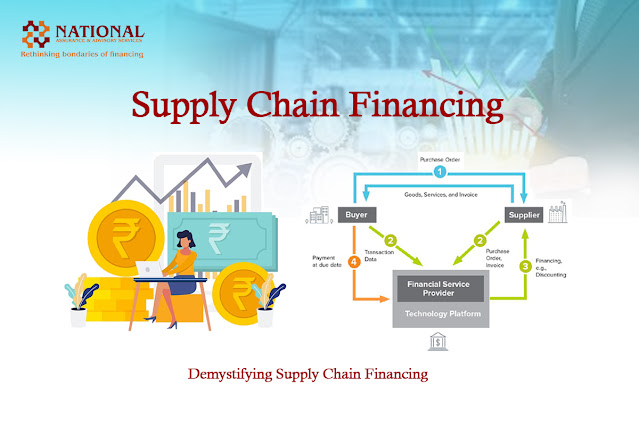In the complex world of finance and lending,
syndicated loans have become a common instrument for corporations and even
governments to secure funding. These financial arrangements involve multiple
lenders, borrowers, and intricate agreements. In this blog post, we will
explore the key aspects of syndicated loans, shedding light on what they are,
how they work, and why they matter in the world of finance.
What is a syndicated loan?
A syndicated loan is a large sum of money
borrowed by a corporation, typically for business expansion, refinancing, or
major projects. What sets syndicated loans apart from traditional loans is that
they involve a group of lenders (syndicate) rather than a single entity. This
syndicate can include banks, financial institutions, or even individual
investors.
Primary participants of syndicated loan
- Borrower: The entity in need of
funds.
- Lead Arranger: The financial
institution responsible for assembling the syndicate and managing the
loan.
- Syndicate Members: Lenders who
contribute to the loan.
- Agent Bank: Manages the
administrative tasks of the loan on behalf of the syndicate.
Various types of syndicated loans
- Leveraged Loans: For
acquisitions or highly leveraged transactions.
- Corporate Loans: Used for
general corporate purposes.
- Project Finance Loans: Fund
specific projects, often in infrastructure.
- Revolving Credit Facility:
Provides a continuous source of capital for short-term needs.
Check out the loan terms and structure
- Fixed or variable interest
rate, depending on market conditions.
- Maturity Date: The deadline for
repaying the loan.
- Covenants: Conditions that
borrowers must meet during the loan term.
- Amortization: The schedule for
repaying the principal amount.
Know what are the advantages of syndicated loans
- Access to Large Capital: Allows
borrowers to secure substantial funding.
- Risk Sharing: Distributes risk
among multiple lenders.
- Expertise: Provides access to
financial institutions' expertise.
- Flexibility: Tailored terms to
meet specific financing needs.
Check out the risks and challenges
- Complex Structure: Requires
expert financial management.
- Interest Rate Risk:
Fluctuations can affect borrowing costs.
- Default Risk: Failure to meet
obligations can have serious consequences.
Syndicated loans are a vital financial tool in the modern business world, enabling
companies to access substantial capital for various purposes. However, they
come with complexities and risks that require careful consideration and expert
management. By understanding the key aspects of syndicated loans, borrowers and
lenders can navigate this financial landscape more effectively and make
informed decisions.






